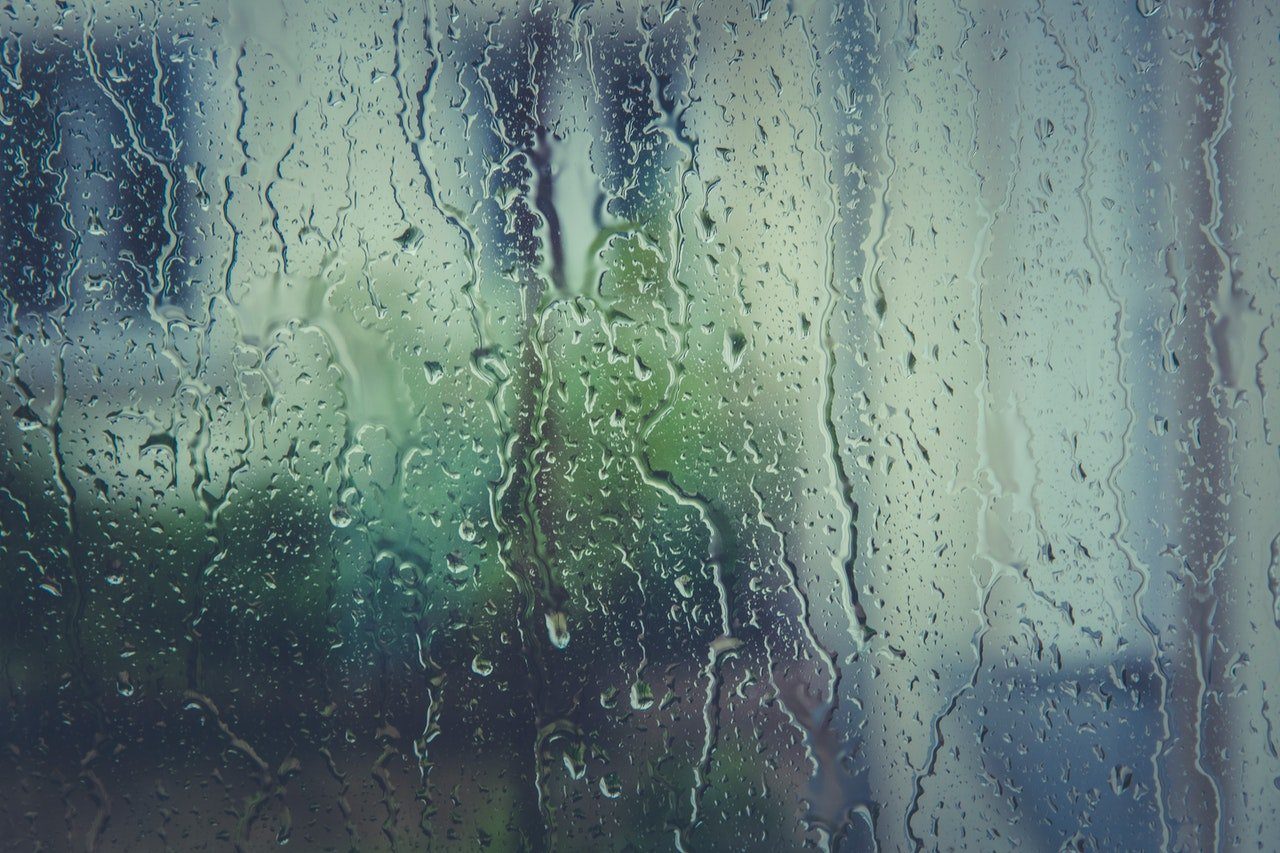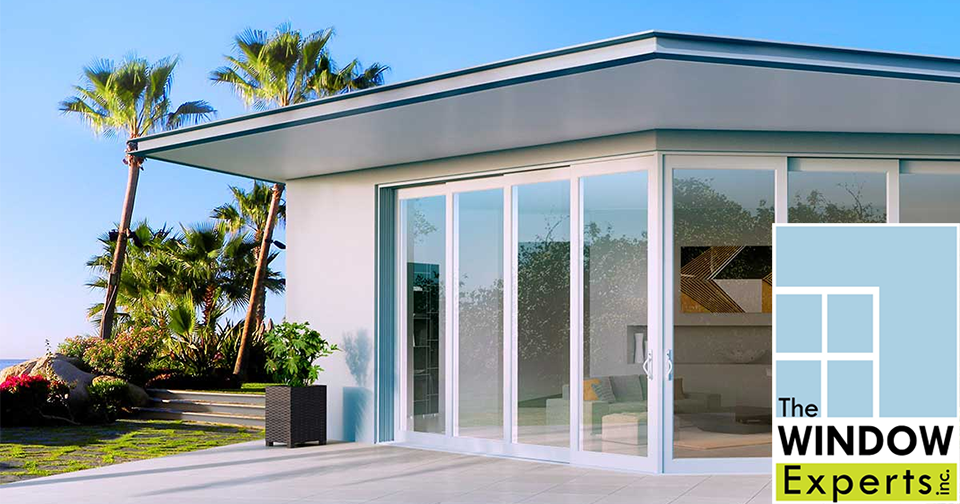
What to Do After a Hurricane
When writing about our FL hurricane windows, we’ve tended to focus a lot on hurricane preparation, but less so on what to do after a hurricane hits.
The hurricane may have passed, but the danger hasn’t. Follow these steps from the CDC to keep yourself and your family safe.
What to Do After a Hurricane Hits
Avoid flood water
- Pay attention to warnings about road flooding and never drive in flooded areas. Your vehicle can stall in moving water or be swept away.
- If you have to be in or near floodwater, wear a life jacket.
- Floodwater carries germs, dangerous chemicals, human and animal waste and other things that can make you sick. If you’ve been through flood water, wash your hands with soap and water.
Electrical and fire safety
- Never use wet electrical devices. Turn off the main breaker at your home if the device is still plugged in and have an electrician check device before using it.
- Watch out for fallen power lines and call your electric company if you spot any.
- If the power goes out, use flashlights instead of candles.
- If you must use candles, keep them away from flammable materials and never leave them unattended. Have a fire extinguisher handy and make sure your family knows how to use it.
Carbon monoxide poisoning
- Fuel burning devices like grills, camp stoves and generators create carbon monoxide (or CO). It’s an invisible, odorless gas that can be dangerous or even deadly if it builds up in the home.
- Never operate portable gasoline or coal-burning equipment or camp stoves indoors (this includes the garage). Keep these devices outside and at least 20 feet from any doors, vents and your FL hurricane windows.
- Use a battery-powered (or battery backup) carbon monoxide detector any time you use a fuel-burning device. If the CO detector starts beeping, get out of the house immediately and call 911.
Damaged buildings
- Hurricane damage can make buildings unsafe. Never enter a damaged building until the authorities determine it’s safe.
- Evacuate your home if you hear shifting or unusual noises, which could be a sign of possible collapse.
Pests and animals
- Use an insect repellent with DEET or picaridin to protect against mosquito bites.
- Stay away from wild or stray animals. Call 911 or report them to your public health department. Also report any dead animals you see.
Food and water safety
- Unsafe food can make you sick, even food that looks, smells and tastes normal. Throw away food that may have come in contact with storm or flood water, as well as perishable food that hasn’t been properly refrigerated. Get rid of anything that has an odd odor, color or texture.
- Pay attention to reports on water precautions. If you think — or have been told — the water is contaminated, do not use it to make baby formula, brush your teeth, wash, prepare food or do dishes.
- Listen to reports from local officials for advice on water precautions in your home. Do not use water you suspect or have been told is contaminated to make baby formula, make ice, brush your teeth, wash and prepare food, wash your hands, or wash dishes. Use bottled, boiled or treated water.
Hurricane Impact Windows South FL
We hope this general guide helps you decide what to do after a hurricane hits your area. The Window Experts know how hard you work to keep your home and family safe during hurricane season. We’re here to help.
For the last 10 years, we’ve worked with homeowners in Palm Beach, Broward and Dade counties to install secure hurricane windows in FL for a range of different home and window types.
Our experts will visit your home, assess its dimensions and get to work on installing the perfect fit. Contact us today to learn more.





